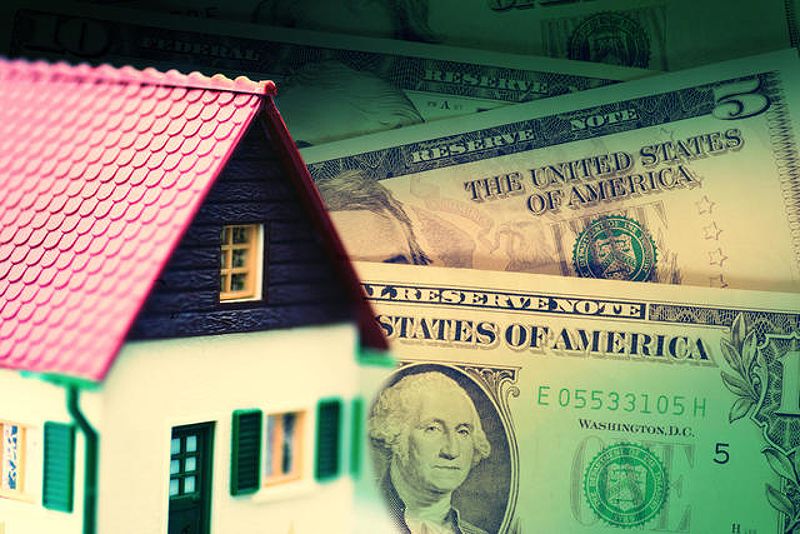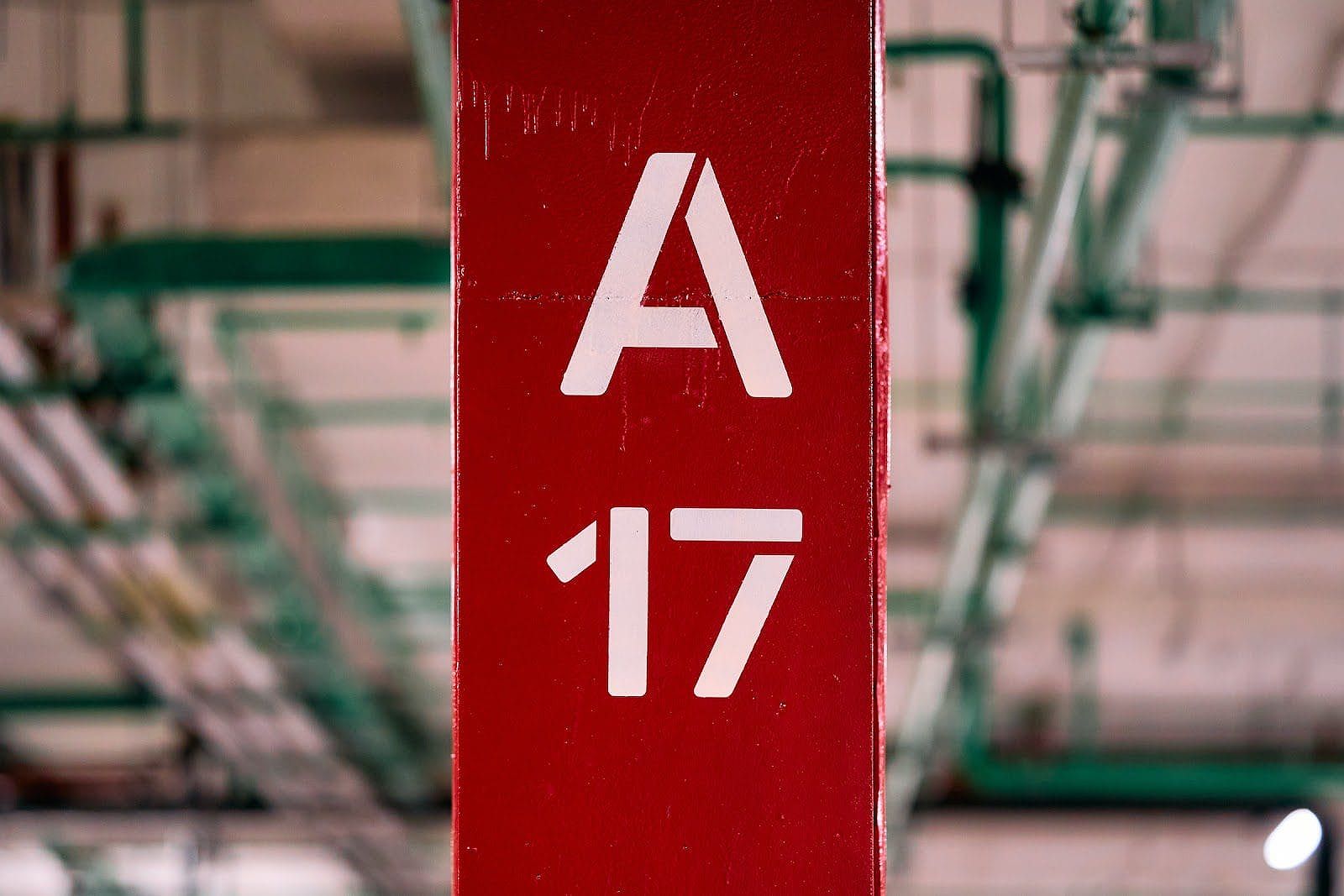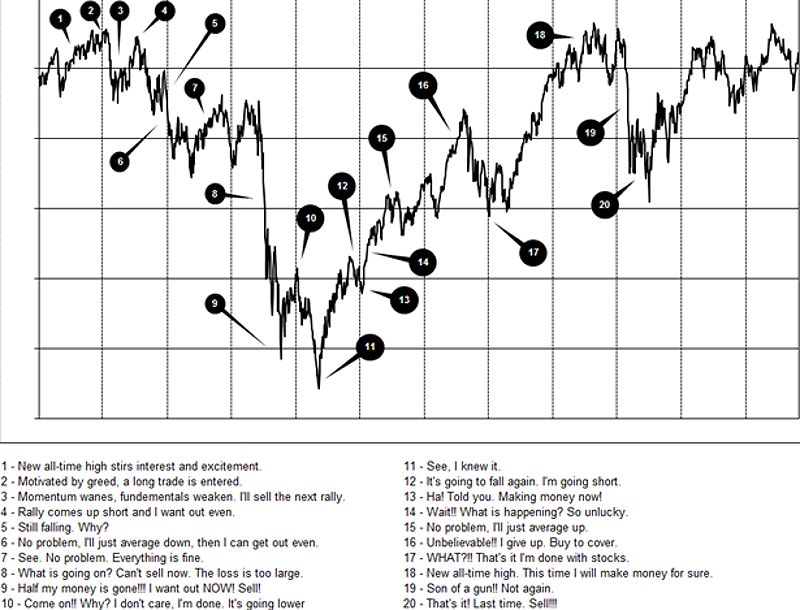How To Afford A Million Dollar House: A Practical Guide For High-income Individuals
Dreaming of owning a million-dollar home? It’s a dream within reach for many high-income individuals, but understanding the financial landscape is crucial. This comprehensive guide will equip you with the knowledge and strategies to make your luxury homeownership aspirations a reality.
Understanding the Financial Landscape
Mortgage Rates and Loan Types
The current rise in mortgage rates is partly attributed to the Federal Reserve’s efforts to combat inflation. This means that the cost of borrowing money for a home purchase is higher than it was in recent years. However, the market is constantly fluctuating, so it’s wise to stay informed about current trends and consult with a mortgage professional to explore the best options for your specific financial situation.
For instance, a $1 million loan at 6.5% interest over 30 years would result in a monthly payment of approximately $6,000, while a loan at 5.5% would have a monthly payment of around $5,400, showcasing the significant impact of even a small interest rate difference. “As rates change, it’s important to understand the implications for your affordability,” advises [Expert Name], a financial advisor specializing in real estate. “A slight increase in interest rates can significantly impact your monthly payments and overall borrowing capacity.”
When considering mortgage options, high-income individuals may qualify for jumbo loans, which exceed standard conforming loan limits. These specialized loans come with more stringent requirements, such as higher credit scores and larger down payments. However, it’s important to explore various mortgage products, including fixed-rate, adjustable-rate, and interest-only mortgages, to find the best fit for your financial needs.

Down Payment and Closing Costs
For high-income individuals, it’s common to consider larger down payments, as it can translate to lower monthly payments, a shorter loan term, and potentially even a lower interest rate. However, it’s important to balance the benefits of a larger down payment with the opportunity cost of tying up a significant amount of capital. It’s wise to consult with a financial advisor to determine the optimal down payment strategy for your financial profile.
In addition to the down payment, don’t forget to factor in the closing costs, which can range from 2% to 5% of the home’s purchase price. For a million-dollar house, this could mean an extra $20,000 to $50,000 in out-of-pocket expenses. “According to a recent study by the National Association of Realtors, the average down payment for luxury homes in the US is [insert relevant statistic],” which can provide a helpful benchmark.
Property Taxes and Homeowners Insurance
Property tax rates are often based on the assessed value of the property, which can fluctuate depending on local market conditions and re-evaluation schedules. For a million-dollar house in a county with a property tax rate of 2%, the annual property tax bill would be $20,000, while in a county with a rate of 1.5%, the bill would be $15,000, demonstrating the significant impact of local tax rates. Some states are implementing changes to their property tax systems, potentially impacting rates in the future, so it’s essential to stay informed about any relevant legislative developments.
Homeowners insurance premiums for luxury properties can also be substantial, with costs typically ranging from $292 to $417 per month. It’s essential to research property tax rates and insurance costs in the specific areas you are considering and factor them into your overall budget.
Assessing Your Affordability
The 28/36 Rule and Other Affordability Guidelines
The 28/36 rule is a general guideline and may not be applicable to all high-income individuals. Factors such as existing debt, investment income, and other financial commitments should be considered when assessing affordability. For a high-income individual with a significant amount of investment income, they may be able to comfortably handle a higher percentage of their income going towards housing costs while still maintaining a healthy financial position.
Some financial experts argue that the 28/36 rule is outdated and may be too restrictive for high-income individuals who can comfortably manage higher debt levels. It’s essential to consult with a financial advisor to determine the optimal debt-to-income ratio for your individual circumstances.
Budgeting and Financial Planning
When budgeting for a million-dollar house, it’s essential to consider not only the monthly mortgage payments but also the ongoing costs of maintenance, repairs, utilities, and potential HOA fees. This will ensure that your budget is comprehensive and reflects the true cost of homeownership.
“It’s crucial to create a detailed budget that accounts for all potential expenses associated with owning a luxury property,” advises [Expert Name], a certified financial planner. “This proactive approach will help you avoid financial surprises and ensure long-term affordability.” Financial planning tools and apps are becoming increasingly sophisticated, allowing individuals to track their expenses, analyze their financial situation, and create personalized budgets with ease.

Strategies for Maximizing Affordability
Negotiating a Lower Purchase Price
Negotiating a lower purchase price is a crucial aspect of maximizing affordability, especially for high-end properties. It’s important to research comparable sales, understand the current market conditions, and be prepared to make a compelling offer.
“Don’t be afraid to negotiate, even for high-end properties,” suggests [Expert Name], a real estate agent specializing in luxury homes. “Be prepared to walk away if the seller isn’t willing to compromise.” By researching recent sales of similar homes in the neighborhood, you can gain a better understanding of the market value and use this information to negotiate a more favorable purchase price.
Exploring Mortgage Options and Interest Rates
High-income individuals may have access to specialized mortgage products, such as jumbo loans, private mortgages, or portfolio loans. These options may offer more flexibility and competitive rates, but they often come with stricter requirements. The rise of online mortgage lenders has also increased competition in the market, leading to more diverse mortgage options and potentially lower interest rates.
“The market is constantly fluctuating, so it’s wise to stay informed about current trends and consult with a mortgage professional to explore the best options for your specific financial situation,” advises [Expert Name], a financial advisor specializing in real estate.
Utilizing Tax Deductions and Incentives
In addition to the mortgage interest deduction, homeowners may also be eligible for other tax benefits, such as property tax deductions, energy efficiency credits, or deductions for home improvements. It’s essential to consult with a tax advisor to understand the specific deductions and incentives available in your location.
“If you make energy-efficient improvements to your million-dollar home, such as installing solar panels or energy-efficient windows, you may be eligible for tax credits or deductions that can offset the cost of these upgrades,” explains [Expert Name], a tax specialist.
Beyond the Purchase Price: The Hidden Costs of Homeownership
Maintenance and Repairs
Maintaining a million-dollar home requires a proactive approach and regular inspections to prevent costly repairs down the line. It’s wise to establish a maintenance schedule and set aside funds for potential repairs.
“It’s important to prioritize preventative maintenance to minimize the risk of costly repairs,” advises [Expert Name], a home maintenance expert. “By addressing issues early, you can save money and extend the life of your home.” For instance, a scheduled inspection of the HVAC system can help identify potential issues before they escalate into major breakdowns, saving you significant expenses in the long run.
Utilities and HOA Fees
The cost of utilities for a luxury home can vary significantly depending on factors such as size, energy efficiency, and lifestyle. It’s essential to consider these expenses when budgeting for homeownership. Additionally, if your million-dollar property is part of a gated community or luxury development, you may be subject to homeowners association (HOA) fees, which can range from a few hundred dollars to over $1,000 per month.
A large, energy-inefficient home may have a significantly higher utility bill than a smaller, energy-efficient home. It’s important to factor in the potential energy costs when making your purchasing decisions.
Future Property Value Appreciation and Market Trends
While property value appreciation can be a significant factor in the long-term financial benefits of owning a million-dollar home, it’s crucial to recognize that market conditions can fluctuate and impact property values. Economic downturns, changes in local demographics, or shifts in consumer preferences can all influence the appreciation potential of a luxury property.
Some argue that luxury homes are more resilient to market fluctuations, as they are often purchased by affluent individuals who are less affected by economic downturns. However, it’s essential to conduct thorough research and consider the potential risks associated with any real estate investment.
FQAs
Q: What is the minimum income required to afford a million-dollar house?
A: It’s essential to consult with a financial advisor to determine the minimum income required to comfortably afford a million-dollar home, as it will vary based on your individual circumstances and financial goals.
Q: What are the best mortgage options for high-income individuals?
A: High-income individuals may have access to specialized mortgage products, such as jumbo loans, private mortgages, or portfolio loans. These options may offer more flexibility and competitive rates, but they often come with stricter requirements.
Q: How can I maximize my tax benefits as a homeowner?
A: In addition to the mortgage interest deduction, homeowners may also be eligible for other tax benefits, such as property tax deductions, energy efficiency credits, or deductions for home improvements. It’s essential to consult with a tax advisor to understand the specific deductions and incentives available in your location.
Q: What are some tips for budgeting for ongoing homeownership expenses?
A: When budgeting for a million-dollar house, it’s essential to consider not only the monthly mortgage payments but also the ongoing costs of maintenance, repairs, utilities, and potential HOA fees. This will ensure that your budget is comprehensive and reflects the true cost of homeownership.
Conclusion
Owning a million-dollar home is a significant financial commitment, but with careful planning, sound financial strategies, and a realistic understanding of the associated costs, it can be an attainable goal for high-income individuals. By working with a team of professionals, including financial advisors, mortgage brokers, and real estate agents, you can navigate the complex process of purchasing and owning a luxury property with confidence.
MORE FROM pulsefusion.org












